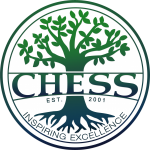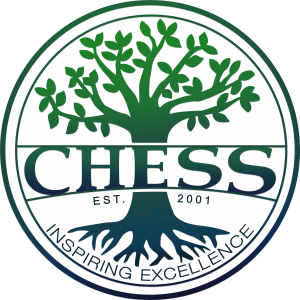HOW TO PREPARE YOUR STUDENT, AND EVALUATE HIM FOR FOREIGN LANGUAGE STUDY
I hope that how to prepare your student for studying a foreign language will be evident when you read below on how to evaluate whether your student is ready for a high school level foreign language course.
EVALUATION:
-
A foreign language is like music:
- Can your student audibly differentiate between musical pitches (playing a musical instrument helps here)
- Can your student match different musical pitches with his voice.
-
Grammar, etc.
- Does the process of locating different parts of speech within an English sentence make sense (subject, verb, direct object, indirect object, preposition, predicate adjective, etc)
- Does he spell well from a phonetic approach (can sound out words and spell, using a o phonetic key)
- Can he write legibly (fine motor skills are developed sufficiently)
-
Maturity level: Would your student be able to
- Manage his time well
- Follow through with all the different parts of foreign language study such as:
- Listening and repeating CD or Internet assignments at home
- Reading and practice written work required
- Paying attention in class
- Taking notes from board when needed Keeping up with assignments
If the majority of your answers were yes to the questions above, then most likely your student will do very well in any foreign language class! YEA!! But what if too many answers were no?
Consider the following:
-
Gender
- Boys mature slower than girls.
- Give them some time to mature by letting them do an introductory class or a first level class that has been divided into two years.
-
Struggling learner
- Spelling difficulties, paying attention in class, problems with time management are all possibly signs of a learning difficulty.
- This can sometimes show up more clearly in one subject group (language arts, maths, sciences, etc.) than in another.
- There are some great homeschool resources out there for figuring out if your child has an issue and how to get help. Ask CHESS administration or teachers for resources they might have.
WHAT METHOD OF LANGUAGE COURSE TO TAKE:
What are your and your student’s foreign language goals?
-
To take language study only as a subject for credit (struggling learners sometimes fit here)
-
Then you might want to consider a non-college preparatory class, a simple online course, private tutor, or other non-stressful approach.
-
Take only two years of a language instead of trying to do three or more.
-
To take language study for mastery (learning to speak it, write it, use it!):
- Take a course with a live teacher in a small classroom
- She can instantly correct accent and offer individual help when needed is highly beneficial.
- Enables student to engage with other students for classroom activities and conversation.
CHOOSING A FOREIGN LANGUAGE
-
Start with a romance language
- They have the same alphabet
- Often have similar grammatical structures to English
- Gets brain used to decoding information, and creating “words can be said differently” patterns within the language-processing center.
- Easier to find “live” homeschool teachers
-
Add a second language after one year of foreign language study
- Brain is now wired to “see” language acquisition differently
- Second language is easier to learn (especially if it’s another romance language; but any other language is fine)
-
Sign-language
- Best for students who have problems distinguishing and expressing different language sounds
- Vocabulary is in native (English) language- advantage for some struggling learners.
-
Immersion verses traditional phonetic / grammatical approach to Immersion:
- Best choice IF it’s true immersion: immersion in full immersion school, or attending school abroad, not just 1-2 days a week in classroom
- Can confuse students who don’t have a strong grammatical base in new language
- Phonetic/grammatical approach
- Helps student to have strong foundation so that when introduced to a concept, they can apply concept to other words and vocabulary right away
- Needs to include a healthy balance between speaking language in class and teaching new concepts in students’ native language
Mary O’Donnell
paradiseo@aol.com
703.403.7701 French teacher:
Introduction to French -French IV at CHESS: www.chessclasses.org,
SGC, and other locations 7-12th grades Member of American Association of Teachers of French
2014-15 Nominee for the NSHSS Claes Nobel Educator of Distinction
CHESS meets at 8730 Sudley Road, Manassas, in the “Rock” building next to Manassas Baptist Church.

About us
Contact
News & Events
